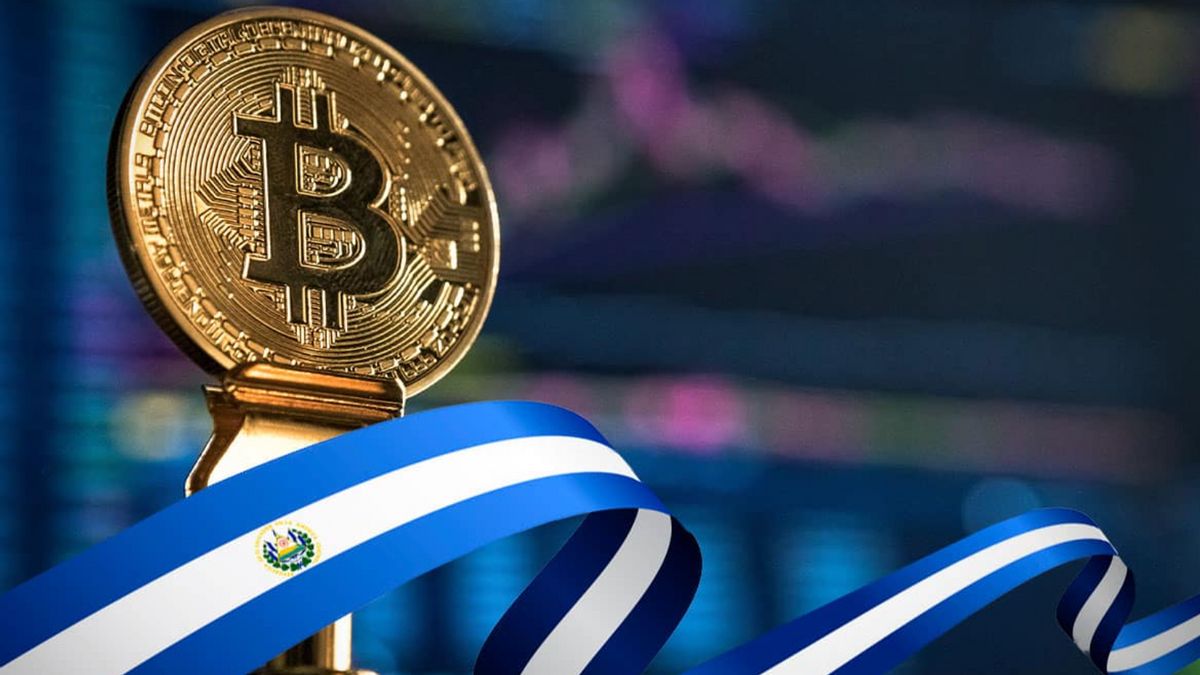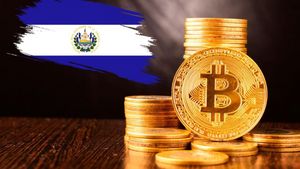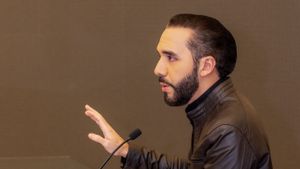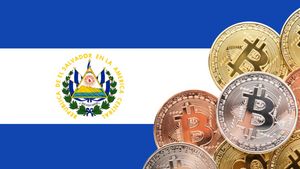JAKARTA - El Salvador's President, Nayib Bukele, adopted Bitcoin as a legal tender in his country. This controversial move has attracted international attention, but a recent report from Vera Bergersruen, a TIME magazine correspondent, reveals that the decision is more motivated by imaging interests than a real economic goal.
Quoted from Cointelegraph, according to Bergersruen, who was one of the first foreign journalists to successfully interview Bukele in the last three years, Bitcoin adoption in El Salvador is more of a public relations (PR) step to change the country's international image. In an interview on the Crooked Media's Pod Save the World podcast on September 11, he revealed that Bukele's advisers even called the move a "great rebranding step."
Bukele was previously the leader of his family's PR company before turning to politics, serving as Mayor of Nuevo Cuscatlfil, Mayor of San Salvador, until finally becoming President of El Salvador. Bergersruen stressed the importance of Bukele's background in the PR world in understanding the policies he made, including Bitcoin and its strict policies towards criminal gangs.
"Everything Bukele does, from Bitcoin to the fight against gangs, always focuses on imagery first, the results are later," said Bergersruen.
SEE ALSO:
He also added that Bitcoin in El Salvador was never intended to change the economic situation of Salvadorans, but rather to attract international attention and create a new narrative about El Salvador in the eyes of the world.
In 2021, Bukele announced that El Salvador would adopt Bitcoin as a legal tender, becoming the first country in the world to do so. However, according to Bergersruen, this announcement came without careful preparation, causing Bukele's team to "resign" and promote the potential benefits of Bitcoin, such as facilitating remittances from abroad.
"It was chaos from the start, but they had to pretend that it would really help El Salvador," he said. This move, according to Bergersruen, is clearly aimed at foreign tourists and investors, not for the direct benefit of Salvadorans. However, if Bukele's goal is to change the international narrative about El Salvador, they succeed," he added.
Although there are ambitious plans to build a Bitcoin City' powered by volcanic energy, the project has not been realized more than three years later. Bukele himself regularly posts on social media about Bitcoin purchases made with state funds. According to Bergergruen's report, Bukele claims to own about 400 million US Dollars (approximately IDR 6 trillion) in the country's public wallet.
Meanwhile, Bukele's tenure as President of El Salvador will continue until 2029. Many have questioned whether the innovative steps he takes, such as Bitcoin adoption, will have a long-term positive impact on the country's economy, or are just imaging steps.
The English, Chinese, Japanese, Arabic, and French versions are automatically generated by the AI. So there may still be inaccuracies in translating, please always see Indonesian as our main language. (system supported by DigitalSiber.id)
















